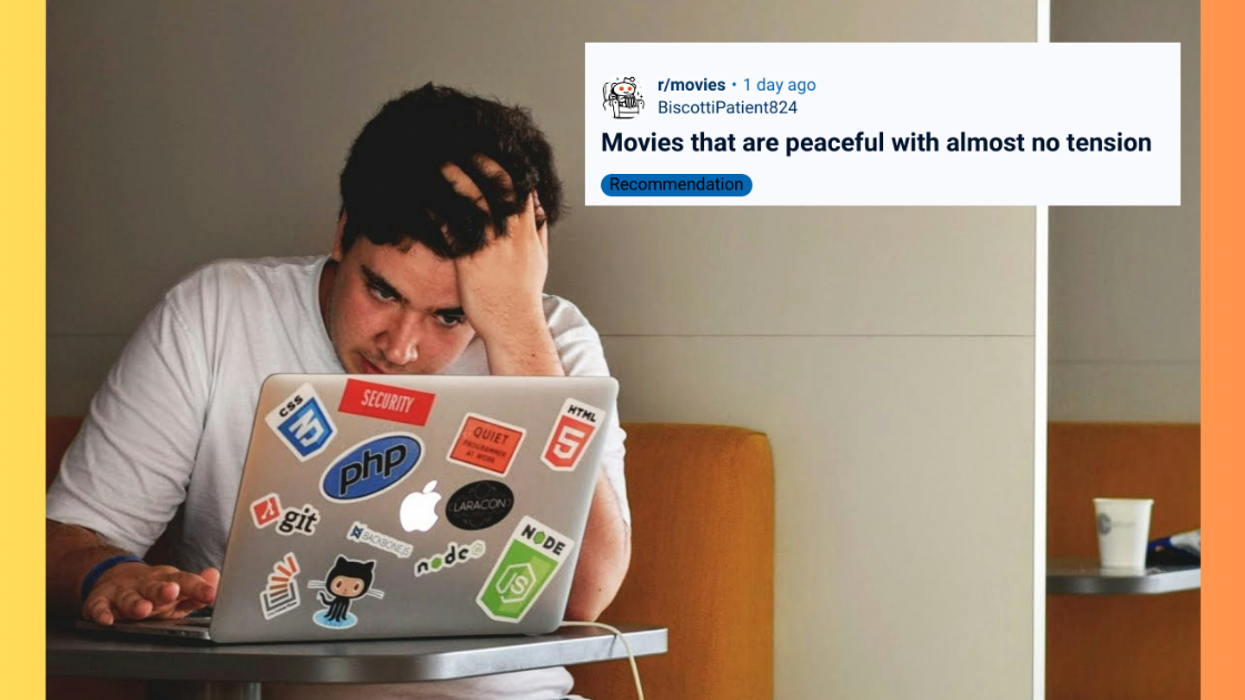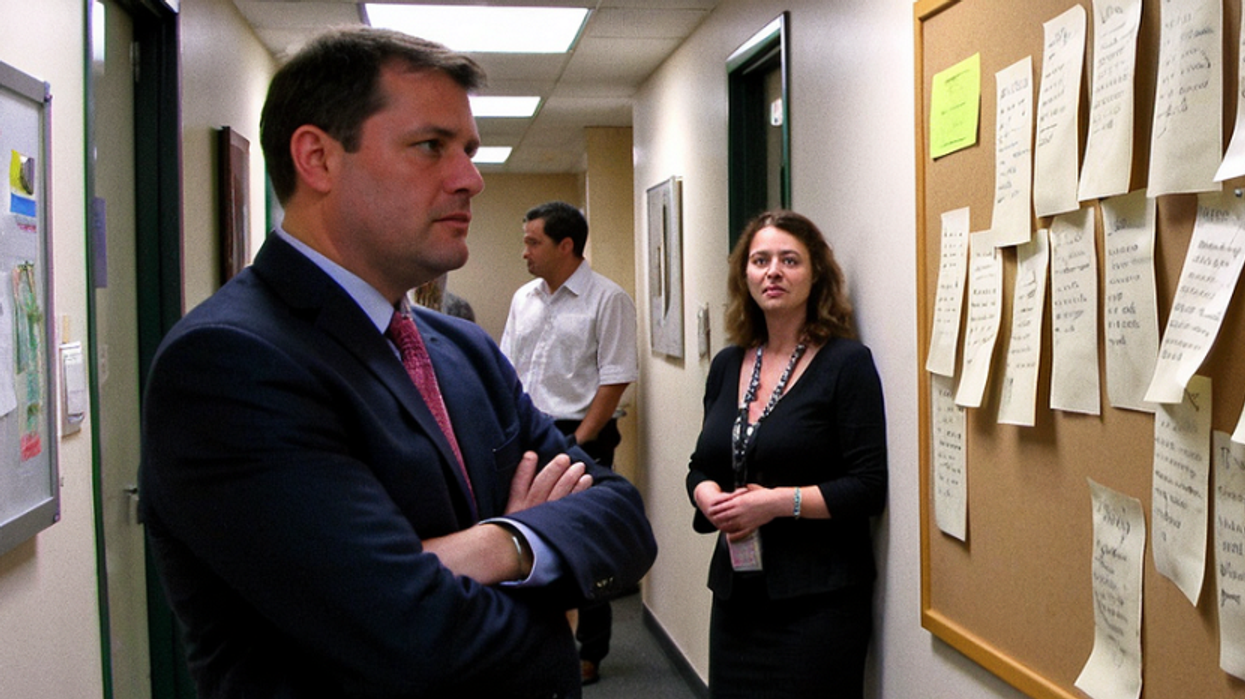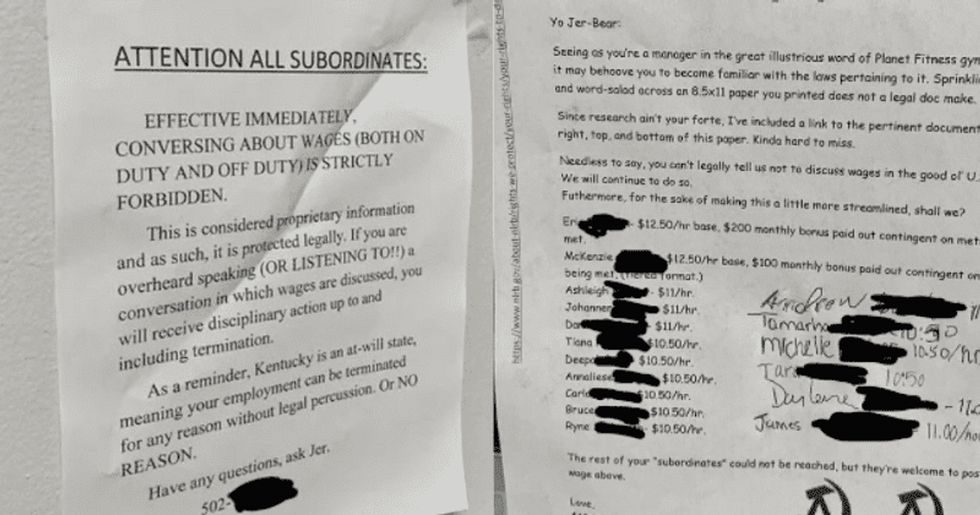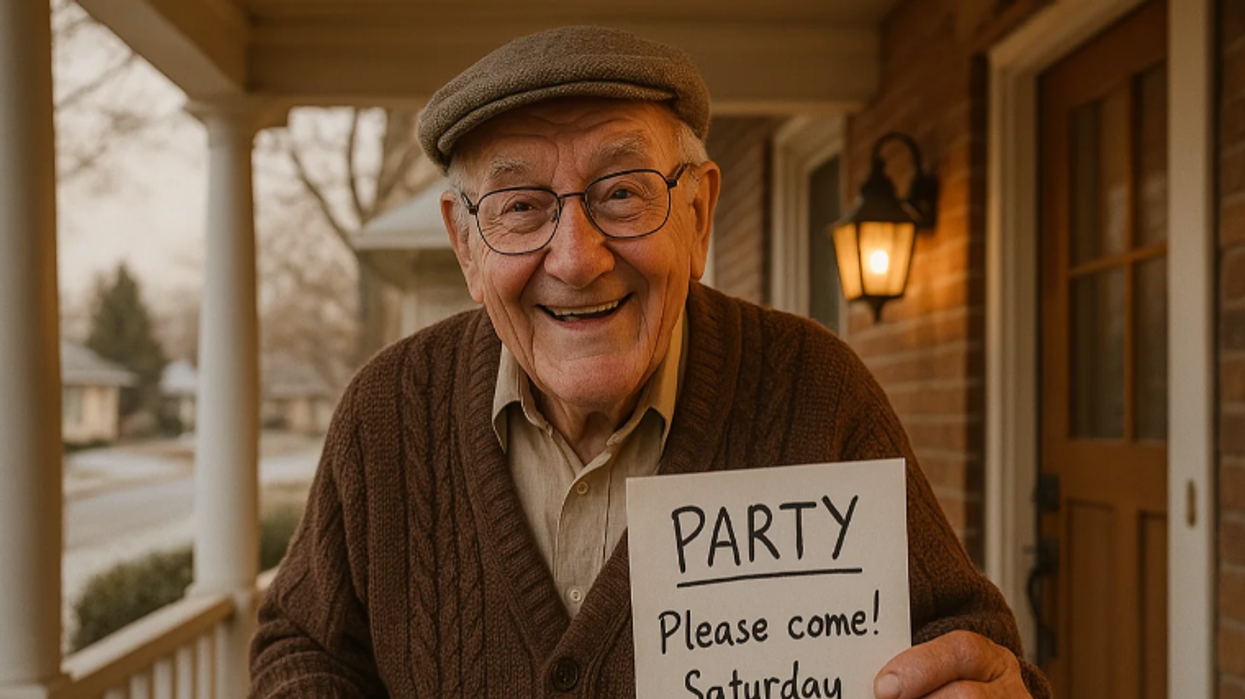As every parent knows, getting your child to do the thing you want them to do can be an impossible, Sisyphean task. How can I get my child to say ‘please’ and ‘thank you’—and not just utter the words, but actually mean them? What could possibly entice them to help out more around the house? Is going to bed at a reasonable hour something kids actually do, or only an urban legend?
In a Reddit form on r/Parenting, @sabinesse1054 asked a question about the difference between productivity and pleasure.
“Parenting is hard. Play is fun. But I feel that parenting is often filled with more project management and chores than it is filled with fun and playfulness,” she writes. “How can we bring the fun and playfulness back in everything we do? And should we? How do you feel about it?”
But maybe the two modes of childhood—play and chores—don’t have to be mutually exclusive?
Dr. Michaeleen Doucleff, a Science desk correspondent and the author of Hunt, Gather, Parent, wrote a “Global Guide for Parents,” for NPR, which outlined several ways kids can have fun without stressing their parents out. She writes:
“Western culture has several deeply entrenched myths about parenting… [the] problem is, many of the practices that stem from these myths are time-consuming, expensive, and exhausting—for both kids and parents. For many, these practices can backfire. They can make children less well-behaved and less likely to cooperate.”
On that same r/Parenting Reddit thread, user @Lerk409 echoed something similar, saying:
“Turn those chores into games with your kids. For instance, when we clean the toy room up, we blast loud music and do a clean-up dance party. We have a race every night to see who can get their [pajamas] on first. There are lots of things. I kind of think that if you’re naturally a playful person, this stuff just happens naturally without really trying. I’m constantly joking around and making up games and contests with my kids. I love playing with them.”
Both @Lerk409 and Dr. Doucleff seem to be suggesting the same thing: not everything about parenting has to be serious. Sometimes, what’s best—and most fun—for both children and adults is to inject a boring situation with some levity and spontaneity.
And nowhere is that lesson more abundantly clear than in @tashachantal’s recent TikTok. On January 2, 2025, she posted a video with the caption “How my husband calls our daughter downstairs.” The video starts with her husband giddily standing in front of the TV with their other child. He presses play.
“Don’t Rain on My Parade” by Barbra Streisand starts blasting through the house. The mom pans the camera towards the staircase. Suddenly, a figure appears at the top of the stairs: it’s their daughter! Living her best diva life, she inhabits Bab’s fabulous spirit and sashays down the stairs in a beautiful white ballgown. At the bottom, she gives the family a twirl—or two, or four—and is clearly enjoying this new family ritual just as much as her parents.
It’s everything about this video: the ecstatic look on her father’s face before pressing play; the fact that they involved the entire family just to celebrate and watch this girl jam out to her favorite song, the billowing white dress that makes her look (and most certainly feel) like a princess.
This song will forever mean the world to her every time she hears it. We can all learn a lot from this video. Even if you don't have kids, are there small moments throughout the day where you could inject just a dash of silliness or whimsy? Check out @tashachantal’s video below.
@tashachantal The next Barbara #funnygirl#theatrekid#musicals#glee ♬ original sound - Tasha 🐍


























 Image Source: Joshua Potash | Reddit
Image Source: Joshua Potash | Reddit 





